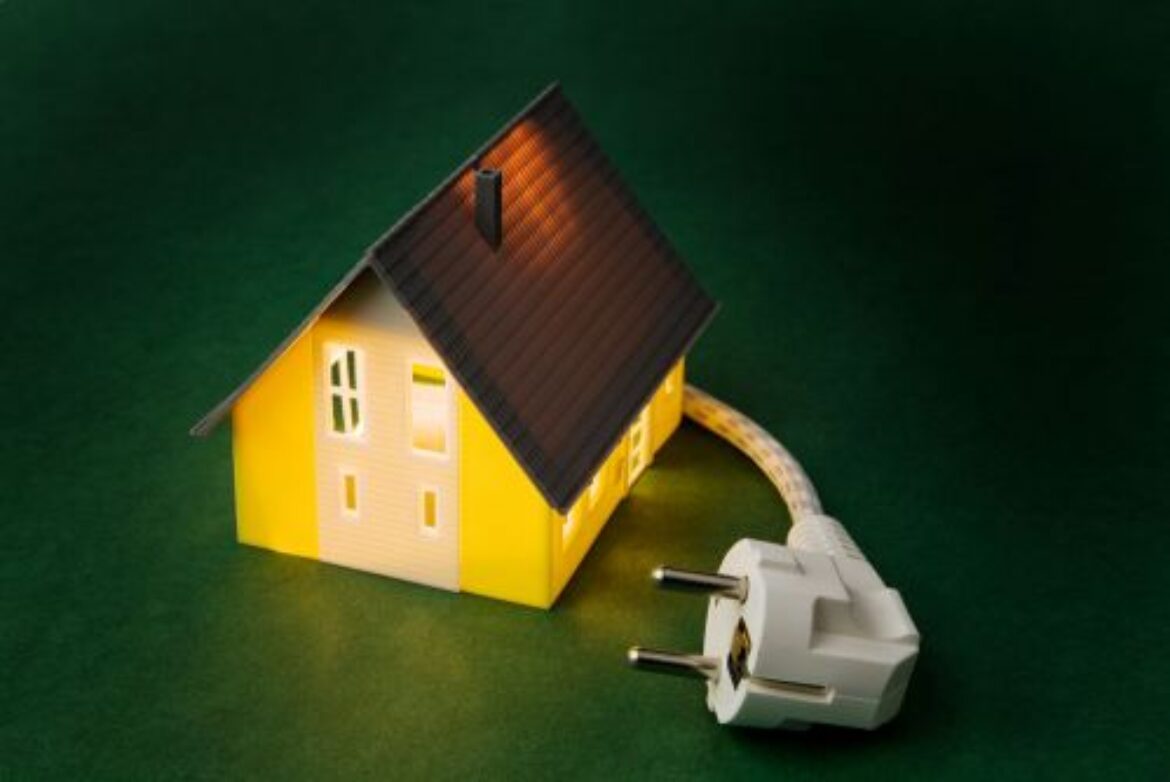As time has gone by we have all become more aware of the actions that we take that have impact on the environment, and this also extends to our homes. Additionally, we have become aware of the efficiencies and cost savings that can come from making some changes within the home.
In fact there are so many different option for “greening” or making your home efficient these days that we can become overwhelmed – what is really gong to make difference given my particular circumstances? What steps should I take and in what order?
While we would recommend doing the best to educate yourself about this area as much as anything to do with your home, there is one step that you can take which would bring you the best results for prioritization and real-life data tailored to your situation – and that is a Home Energy Audit.
A home energy audit will arm you with a thorough overview of your home’s energy use and a list of repairs so you can approach your home improvement with confidence and simplicity! We’re in the age where greening your home, living mindfully, and watching your energy consumption are both globally and socially imperative. Will you join the green movement?
So what happens during a home energy audit?
A home energy audit is an assessment during which a professional auditor examines the exterior structure and internal systems of your home. Using a variety of tools, the auditor will conduct tests taking 3-4 hours. Their equipment shows hard-to-reach places where insulation is lacking or failing and where your home is losing energy.
Combining test results along with your heating and cooling habits, utility costs, and local factors the auditor will suggest home improvement projects to bolster the efficiency of your home.
What does all this cost?
The cost of an audit varies based on both the size of your home and your location. That said, there are many options to financially offset the process of improving your home. At dsireusa.org we found at least 57 utility or government rebate programs in the Niwot area alone! The programs include free or low-cost audits and tax incentives for environmentally friendly home improvement.
What’s the benefit?
According to the U.S. Department of Energy, upgrades made after home energy assessments result in home owners saving between 5-30% on energy bills. Improving your home is a great way to reduce your impact on the environment. Not to mention, a more efficient home results in a more comfortable space for you and your family. No more drafty hallways and unusually warm living rooms!
What to do before a home energy audit.
Get a great auditor – Your electric or gas utility may conduct residential energy assessments or recommend local auditors. If not, the Residential Energy Services Network has a directory.
After searching for a local auditor, you should do a bit of research. At energy.gov it’s advised that you ask them for references to see if clients were satisfied with the work. Also, make sure the energy auditor uses a calibrated blower door and they do thermographic inspections. These are the best tools to assess your home!
Understand R-value – R-value is essentially the quality of your insulation. The “R” stands for resistance: in this case its ability to resist the heat that wants to either leave or enter your house. A professional auditor will assess this compared with local standards. If you want to take a stab at understanding your home’s R-value, Colorado State University published a comprehensive guide.
Notice your home’s quirks – Compile a list of problem areas in your home such as drafts and hot spots, cracked fixtures or seals on doors and windows, and note any empty or unused spaces. Provide the auditor with utility bills and information regarding number of people in the house, how many people are home during the day, and average home temperature throughout the day. All of this builds a comprehensive picture of how your home uses energy, which will help the auditor provide the most effective suggestions for improvement!
Can it be done solo?
We would definitely recommend hiring an auditor to get the most accurate and complete picture of energy use in your home. That said, the projects auditors recommend are often numerous, and some of them are even DIY-able! At energy.gov there are plenty of suggestions to start on while you’re waiting for your assessment.
Being environmentally conscious and having a cost effective home are two things the DRF team are keen to encourage! Be on the lookout for next month’s article about going green at home, one project at a time. Through simple changes we will make a difference!


Comments (0)